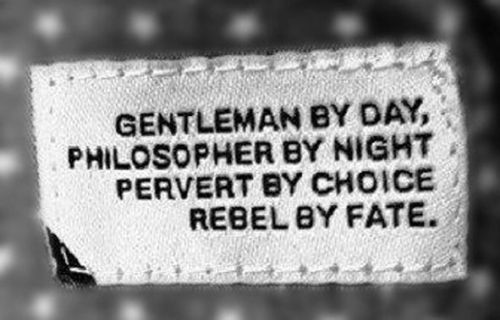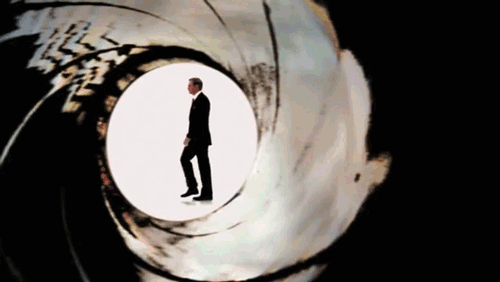
Like Prince before him, Martin Amis of the 80's was thinking about 1999. His 1989 novel London Fields opens up on London a decade in the future, paralyzed by fear of the coming apocalypse. Such dread is something that we can recognize, nineteen years later. After all, we have lived through the turn-the-calendar-and-the-world-ends hysteria of Y2K and the anxious atmosphere surrounding the late fall of 2001, when the old world seems really to have passed away. Amis has a knack for slipping details into his books--which are filled to the bursting point with details--which seem relatively inconsequential at first mention but will become vital to the plot. His doomsday is no different: Somewhere around page 200, the reader begins to wonder what all this business with the health problems of the President's wife and the vague environmental catastrophe of "dead clouds" is really doing in the narrative if Amis isn't going to explain it, and then, around page 400, boom. The world actually begins into implode.
But what Amis calls the "big thing" is essentially shoved into the background for the book's length. "The little thing," the thing which interests us, is the story of Nicola Six, a calculating sexpot who is attempting to engineer her own death by murder. Our narrator identifies the murderer as one Keith Talent, a West London lowlife cobbled together from the grotesqueries of British tabloids, a part-time cheat and full-time serial adulterer whose greatest ambition is to become a darts champion. Nicola is fascinating in her way, but she is too inhumanly precise to attract any sympathy; it is Keith who is the greatest creation of London Fields: His multicultural stable of women, his persistent obsession with the strategies of darts (there are few), his awkward cockney brutishness. The third player in Nicola's game is Guy Clinch (A Dickensian name if there ever was one), a dull and restless man whose defining characteristic is his wealth. It is Nicola's attempt, it seems, to play the two off of each other, until one-and of course, not the one we are supposed to expect--has the means and the motive to off her.
Of course, as the narrator tells us, "...a cross has four points. Not three." The fourth point is the narrator himself, British-American novelist Samson Young, who casts himself as a semi-neutral observer in the affairs of Nicola Six. Young is dying and the book he is writing about Nicola is to be his last opus, though unlike Nicola he has no choice about the matter. Whether the world has options left is still to be determined.
But the plot of London Fields could scarcely give you the impression of what it's like to read it. Amis is a maximalist, whose circuitous phrasing hits several points and then doubles back and hits them again. But unlike his peers, Amis' style is often like traveling through someone's lower intestine: bloated, labyrinthine, and filthy.
The Truth About London Fields

The truth is: you won’t be able to put this book away and never read it again. It will draw you back.
The truth is, as the book has no shame in pointing out, that the truth is only the world we make for ourselves. Take, for example, Keith Talent, the petty-criminal who takes everything on television as solid fact. Or Nicola Six, the ultimate manipulator, the woman who wants to be murdered.
You will go back to London Fields, because you must, because you always must. There will always be something new, and you will always read it differently because you have changed. Towards the end of this novel, one of the characters writes: “It doesn’t matter what anyone writes any more.” But when you read London Fields, you cannot but disagree.























No comments:
Post a Comment